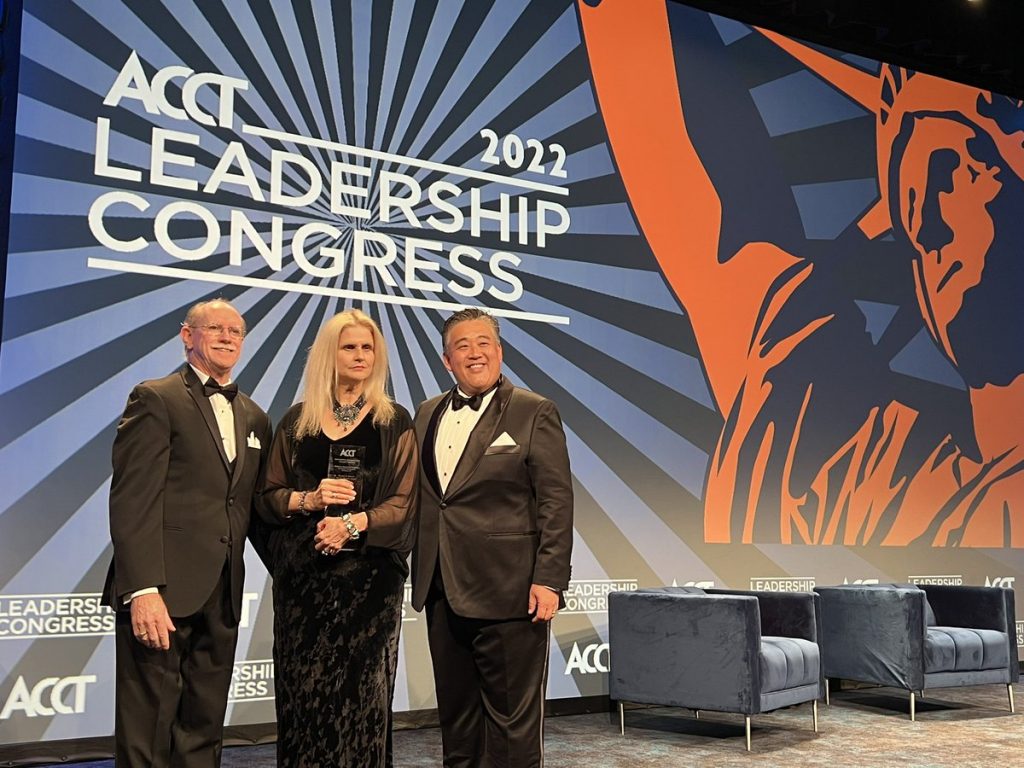By Tristan Brown-DeVirgilio
Campus News
As this semester comes to a close, students have already started putting their school schedules together for the following semesters. It can be a difficult task to create a schedule that has all the things you want in it – certain times of day, certain days of the week, course teaching formats, etc. One thing of importance to many students is who the professor is. Here are some ways to search for a good professor for your next college schedule.
The first step to finding a good professor, of course, is determining what a good professor looks like for you.
According to a 2023 survey by Inside Higher Ed and College Pulse, some of the most important things students say they want from a professor are, from most desired to least: more flexible deadlines, more experimentation with teaching styles (as opposed to just lecture, for example), less strict attendance and participation requirements, more comprehensible classroom expectations, and a deeper personal connection with the professor.
However, students are not entirely uniform in their view of a good professor.
For example, one junior at Stony Brook University, Josh, 20, thinks expressed desires for more flexibility in the classroom are often unfounded.
“Claims like wanting more flexible deadlines or less strict participation or attendance are all merely wants that are generally unfounded and just an excuse for being lazy. People including myself often wait till the last minute to do [an] assignment and then come up with a list of reasons as to why the deadline should be extended when it’s really their own fault [for] procrastinating too long.”
After establishing what a good professor is, how might one go about finding those professors for their school schedule?
There are several techniques student can use to find professors who most closely match their preferences. One of the most common methods is the website RateMyProfessors.com.
Rate My Professors, founded in 1999 and started as TeacherRatings.com, is a review site of both schools and professors. Students can share what they think of a particular professor in a given course. Students can give a star rating, and can write what they think about a professor, including such details of what grade they earned in the course and whether or not textbooks or attendance were course requirements.
Adira, 26, an alumna of SUNY Oswego, which this year became an officially designated university in the SUNY system, says she mostly used Rate My Professors when a student, although she advised carefully reading the reviews.
“You have to sort through the content [and] look at what [the reviewer’s] given grade was,” for example.
She also said to be careful of the date the review was published.
“Quality of teaching can change from semester to semester,” she notes, based on such factors as age or experience of the professor.
A downside of Rate My Professors is that the site does not verify whether or not you are indeed a student to write and post a review. However, it is generally accepted as one of the most accurate ways of finding a professor.
Additional methods of finding professors include looking into professor’s qualifications and experience via other sources.
A professor’s LinkedIn profile, if they have one, can provide good information. LinkedIn is a site for professional networking, on which users may advertise their educational and work experience background. Here students can check whether a professor has relevant experience in a given field of study, or their teaching history.
Josh offers another technique, specifically for searching for information on graduate student teachers working towards their Ph.D. Sometimes, he says, one can find a professor’s thesis online and get a sense of who the professor would be in the classroom.
“However, this is not always perfectly accurate,” he notes.
So, perhaps, read into a professor, and be careful in your evaluation.
Finally, a most traditional method, still used today, is word of mouth. Students can talk with peers in their department to get a sense of which professor’s course they might be willing to enroll in. Faculty can also provide useful information.
So, first determine what kind of professor you want. Then search for professors using such sources as Rate My Professors.com, online professional profiles and past academic work, and talk with people in your department. Using these strategies can help in finding a good professor, who will in turn help increase your chances of making college more enjoyable for yourself, which can thereby increase the value you will get from college.





Facebook Comments